
Tag Archives Wetland
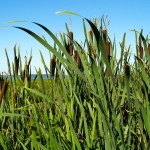
New drainage regulations and water management strategy needed
Smaller drainage projects will be expedited under proposed regulations in the province’s new water management strategy
Worthwhile trade-off
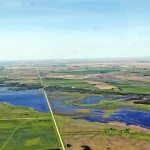
Province vows to tackle southwest’s water woes
A new study shows the link between unlicensed wetland drainage and stream flows

Changes to drainage regulations on tap
Government is promising an end to red tape for farmers looking to complete minor drainage works, while increasing fines for illegal drainage
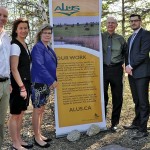
ALUS returning to Manitoba’s Little Saskatchewan River Conservation District
The Manitoba-born conservation program has new funding
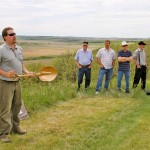
Turning the sod on water management with multiple benefits
The Pelly Lake Watershed Management project will help control spring runoff, boost hay yields, reduce nutrient loads and produce biofuel
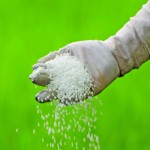
Manitoba farmers credited for using fertilizer efficiently
Half-moon holes produce crops in the sub-Saharan desert
Spring and reality floods
Conference discusses keeping water on the land
As a people, we need to look at fresh water as a valued asset, not something to be flushed down the river
To flood or not to flood, and will spring ever come? Those were the thoughts on many minds as we entered Canada Water Week. Held annually on the third week of March to coincide with World Water Day on March 22, the Manitoba Eco-network celebrated with a conference in Brandon entitled “Keeping Water on the



